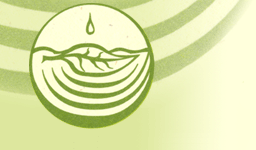The study used 100mg of pycnogenol daily for 3 months.
"Treatment of osteoarthritis with Pycnogenol(®). The SVOS (San Valentino osteo-arthrosis study). Evaluation of signs, symptoms, physical performance and vascular aspects," Belcaro G, Cesarone MR, et al, Phytotherapy Research, 2008; 22(4): 518-23.

